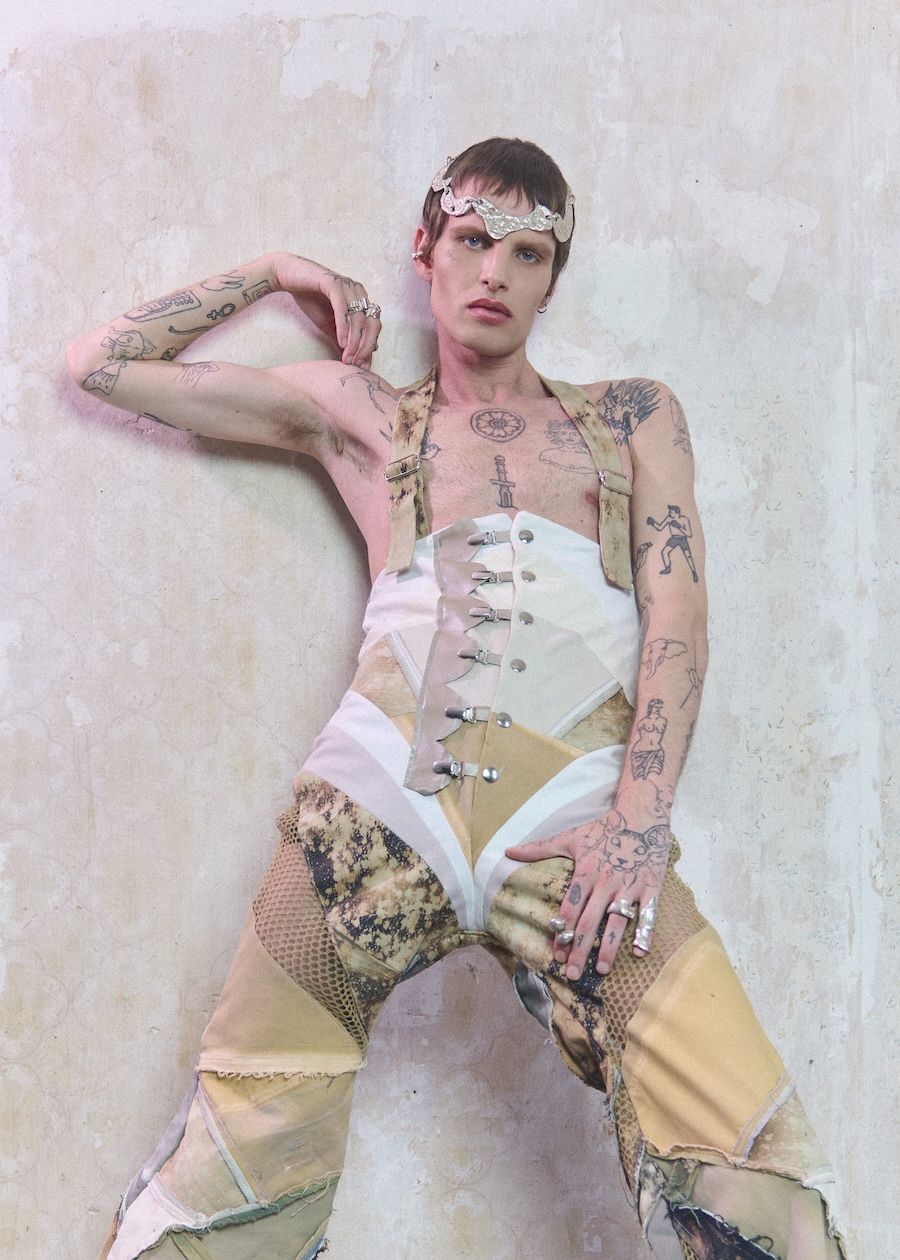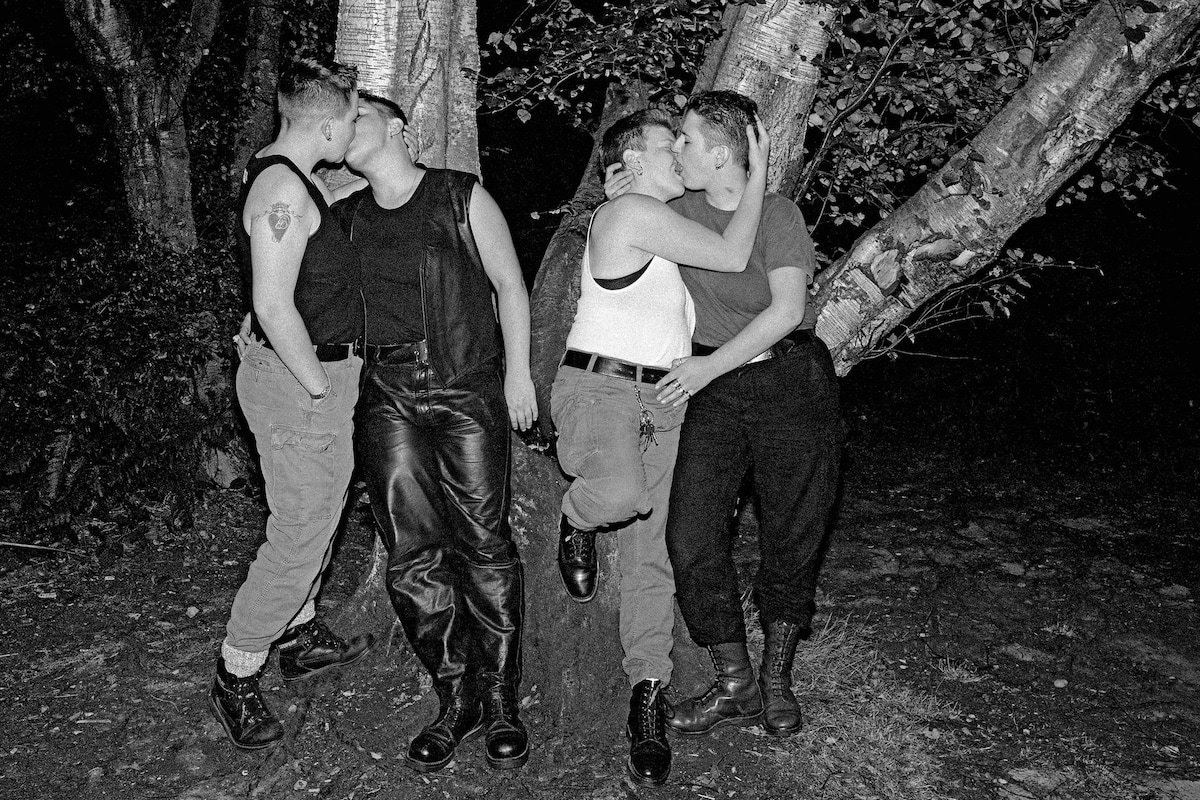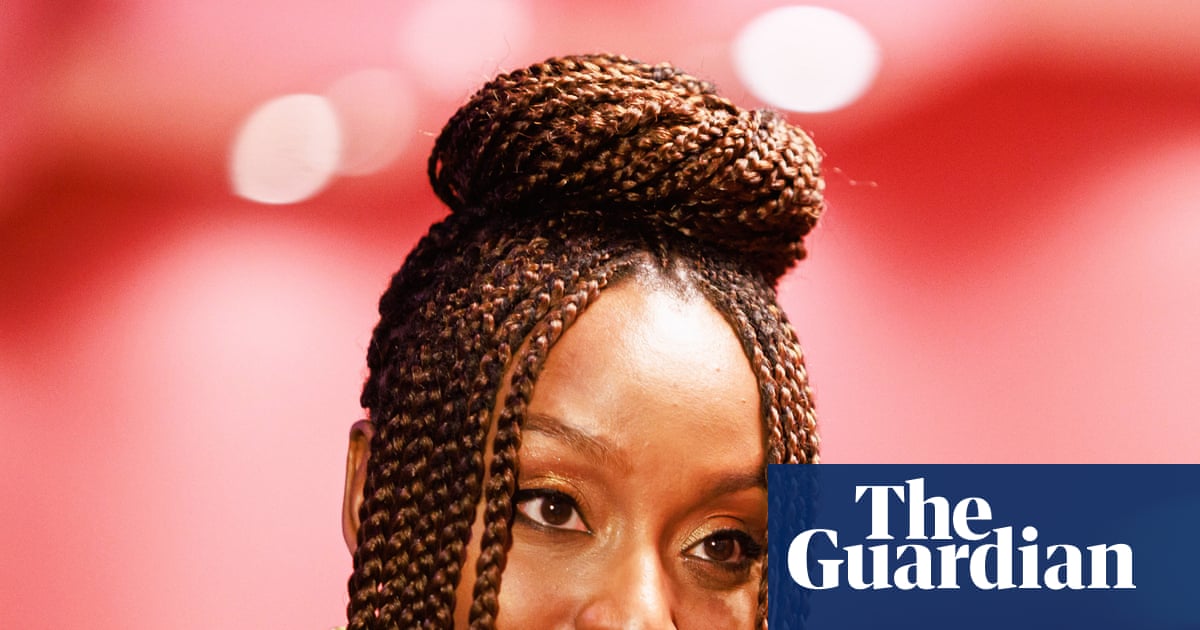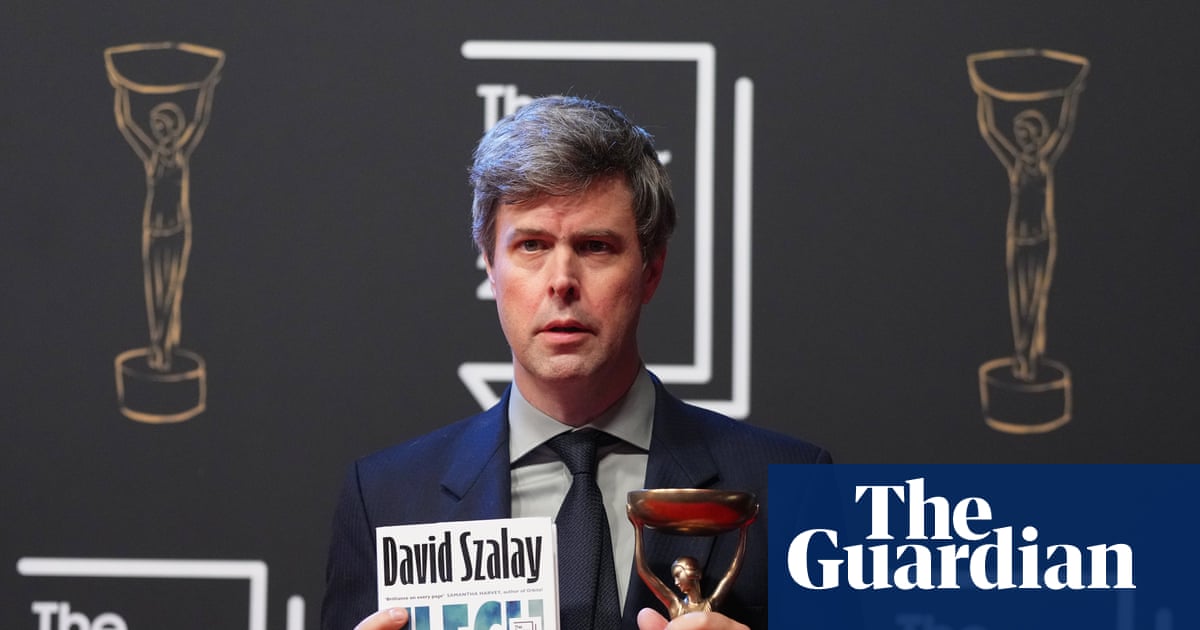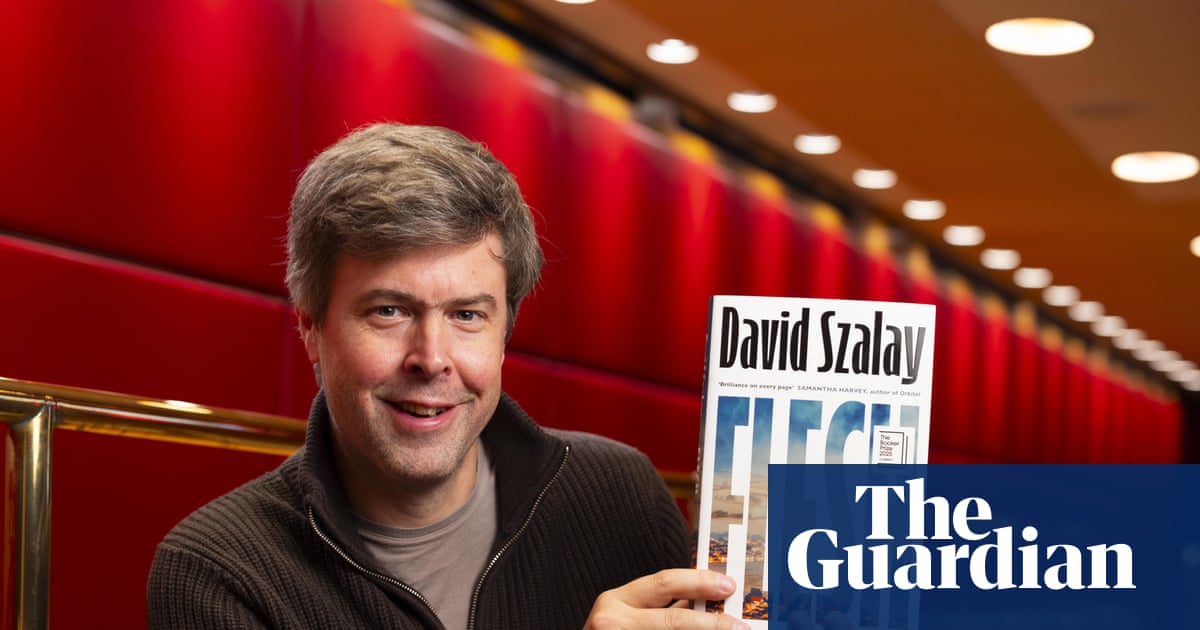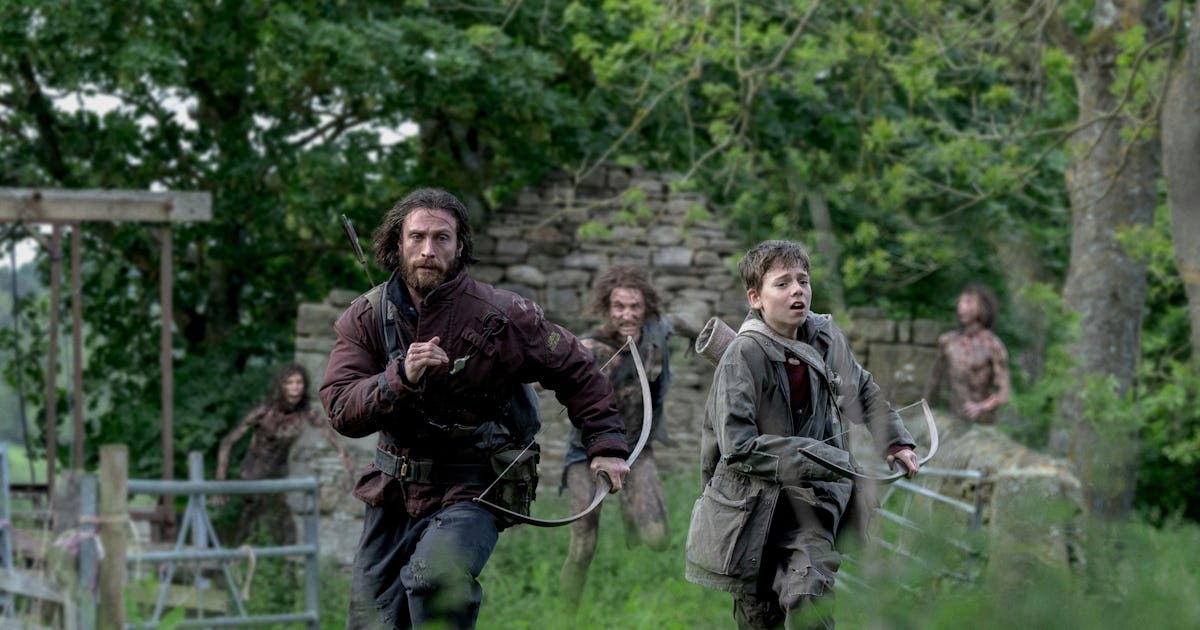fromMedium
4 years agobell hooks saved me
bell hooks saved me. I say that in all sincerity. At a critical time in my life, when I was at my lowest point, it was bell hooks, through her books, who pulled me out of a hole of profound depression and set me on a path of self-renewal on which I have remained ever since. Newly divorced with two very young sons, I was determined to give a better fatherhood experience than the one I had.
